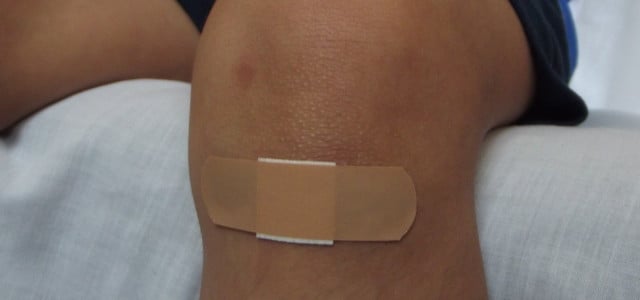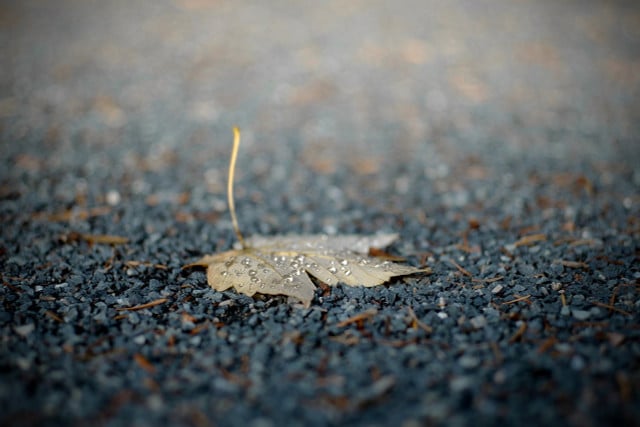
It is a widespread belief that scars react to a change in the weather. Find out here whether there is any truth to this.
Some scars can cause discomfort long after the wound has healed. In some cases, scars actually react to a change in the weather. Those affected feel itching, stinging or pulling on the scar. The reason why healed wounds are sensitive to the weather has not yet been scientifically clarified.
Scars and weather changes: where does the pain come from?

(Photo: CC0 / Pixabay / mariya_m)
Scars form when the skin heals after an injury or surgery. The connective tissue that closes the wound is different from normal skin. It is less elastic, often thicker and can be more sensitive to external influences. A scar can be tight, itchy or painful, especially in the first few months after an injury. These symptoms usually subside over time.
But when the weather changes, a scar can start to show the same old symptoms again. Numbness, discomfort, or feelings of heat and cold can also occur. It has only been known so far that scars start to hurt again when the temperature drops, and this occurs mainly in the fall when it gets wetter and colder.
The connection between painful scars and a change in the weather is currently still the subject of research. The exact causes are still unclear. A widespread theory is that air pressure in particular could affect the scar tissue. If the weather suddenly changes, especially if the air pressure drops, the tissue could expand or contract slightly. This could lead to a feeling of tension or even pain in the scar.
It is difficult to prove scientifically whether a scar actually reacts to a change in the weather and therefore starts to itch or hurt again. Ultimately, pain is always related to individual perception. It is therefore possible that you feel pain in the scar because you expect it after a drop in temperature. In this case, the trigger for the pain is more likely to be an expectation-driven reaction than the change in temperature itself.
Scars from weather changes: What can you do?

(Photo: CC0 / Pixabay / Horacio30)
If your scar starts to hurt when the weather changes, the following tips can help you reduce the pain:
- Make sure you dress warmly enough. You should especially cover the areas around the scar and keep them as warm as possible. Use well-insulating materials such as wool and make use of the onion principle.
- Warm compresses can also relax the tissue and promote blood circulation, thus relieving pain.
- Also make sure you eat a healthy and balanced diet. A healthy diet generally promotes wound healing and can also ensure that scars are less painful in the long term.
- If the pain persists for a long period of time or becomes more severe over time, you should seek medical advice.
Read more on Techzle\.com:
- Accelerate wound healing: How to heal your wounds faster
- Sore thighs – tips for prevention and treatment
- Sore nipples: causes and natural remedies
** marked with ** or orange underlined Links to sources are sometimes affiliate links: If you buy here, you are actively supporting Techzle\.com, because we then receive a small part of the sales proceeds. More information.